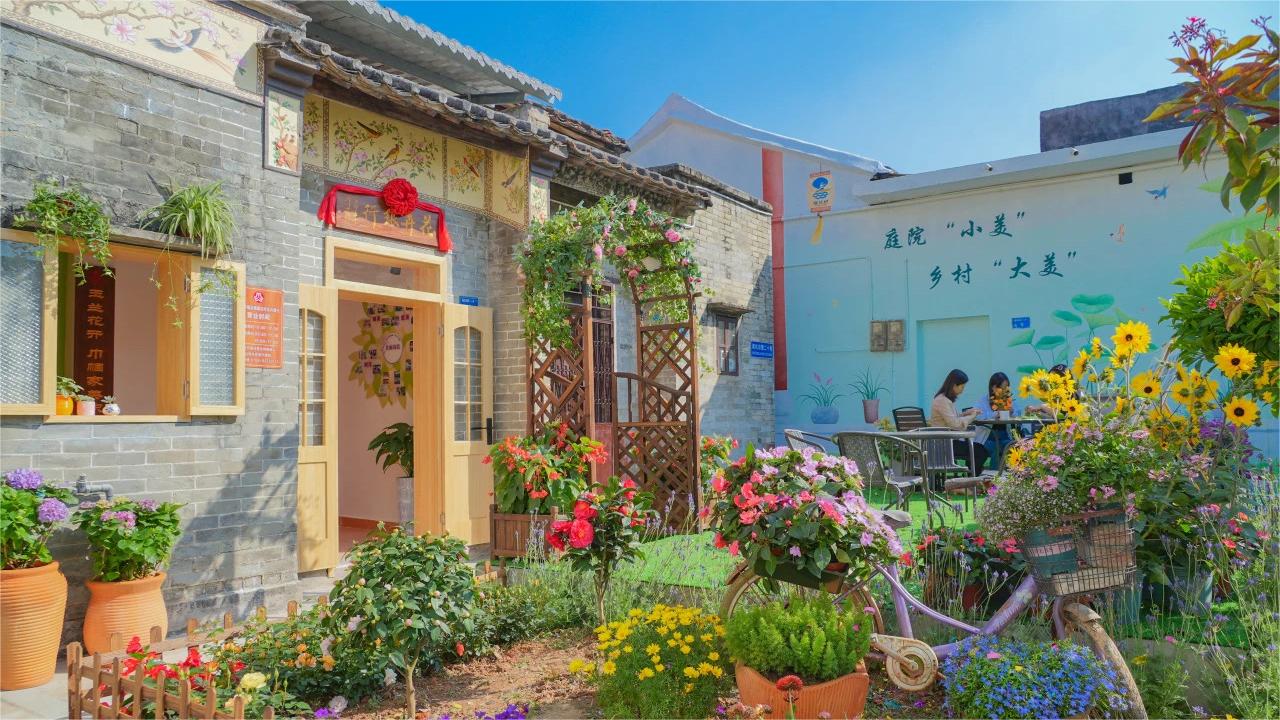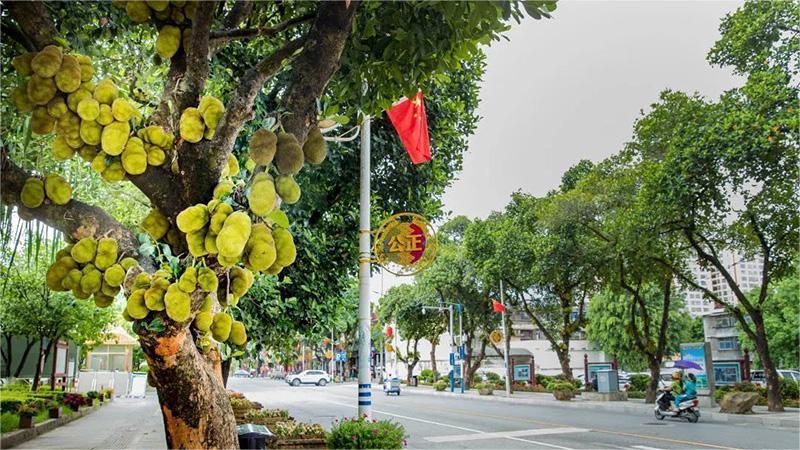Lavender industry booms in slow-paced Xinjiang village

Photo taken on July 11 shows the lavender fields in "Huanghuang village" of Lucaogou town, Huocheng county, in Northwest China's Xinjiang Uygur autonomous region. (Photo by Dong Senhe/chinadaily.com.cn)
Once an underdeveloped and isolated place, Sigong village of Lucaogou town, Huocheng county, in Northwest China's Xinjiang Uygur autonomous region, has now become a "blooming paradise" attracting millions of visitors.
Previously, the farmlands had shallow soil and were full of stones, leading to low crop production. A decade ago, locals found the typical continental arid semi-desert climate in the Ili River Valley, where the village is situated, perfect for lavender to flourish.
Since then, each household in the village began cultivating lavender. They also produce dried flowers, essential oils, and other products, turning lavender planting into a local industry.
Now, the village has a lavender planting base covering 12,000 mu (800 hectares), making a great contribution to Huocheng county, which is recognized as one of the world's three major lavender planting bases, along with Provence in France and Furano in Hokkaido, Japan.
At the end of 2018, the village decided to expand its industrial chain to promote the agri-entertainment and homestay economy.
Li Zengjie, Party chief of Lucaogou town, led a team to study homestay business in different cities in the country. Besides, young entrepreneurs were also invited to invest and establish businesses in the village.
Tian Qunying, from Hunan, is the owner of the first guest house in the village. She settled down and became a "new villager" here.
"In 2018, I visited the village and was captivated by the poetic and romantic vast lavender fields," Tian said.
Starting with a 500,000 yuan ($68,866.63) investment, Tian opened a small guest house with six rooms and managed to recover her initial capital in just four months.
Seeing the potential of the homestay economy, the local government increased financial support and established a specialized service group to assist potential investors, while continuously improving infrastructure and public services to attract more newcomers. In 2019 alone, 20 guesthouses opened in the village.
Currently, an increasing number of distinct guest houses can be found in the village, combining pastoral charm, ethnic features, and modern fashion elements.
The local industry not only brings wealth to the village but also provides a leisurely lifestyle for locals and visitors. And that's why the village is more commonly known as "Huanghuang village", which can be interpreted as "enjoy a slow-paced life in the life".
Photos
Related Stories
- Wondrous Xinjiang: A tale of two names -- Pairing assistance helps Xinjiang village chart prosperous path
- Xinjiang scientists discover plant with potential to survive on Mars
- Equestrian events of China's 12th Ethnic Games begin
- Major wheat production area in China's Xinjiang greets harvest season
- China schedules over 150 special tourist trains to Xinjiang
- In pics: 12th National Traditional Games of Ethnic Minorities of China
Copyright © 2024 People's Daily Online. All Rights Reserved.









